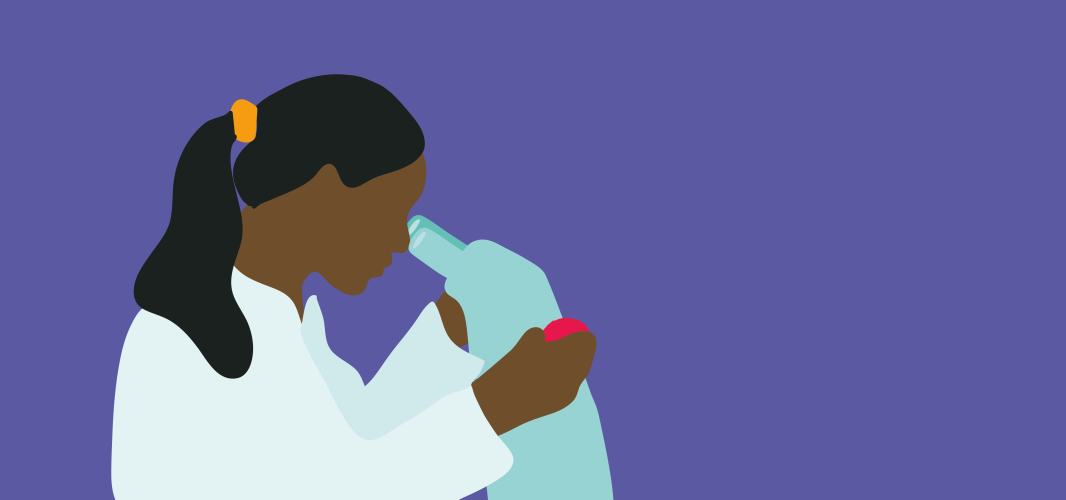This research, funded by The Brain Tumour Charity, found that providing access to a personal trainer who could offer lifestyle coaching to patients led to potentially lower fatigue and better mental health.
Currently, there is a lack of evidence to suggest the best ways to combat brain tumour related fatigue. Although several drugs have been tested, none have made significant improvements to symptoms.
The aim of this study was to investigate an alternative to drug intervention – lifestyle coaching.
What is lifestyle coaching?
Lifestyle coaching aims to support healthy behaviours such as exercise and better dietary habits. It has also shown promise in reducing fatigue in cancer patients.
The study explored two different forms of coaching:
- Health Coaching – which supported patient-led lifestyle improvements with eight weekly coaching sessions with a health coach.
- Activation Coaching – where participants received the same as those in the Health Coaching group of the study. And two one-hour sessions tailored to the needs of each person to ensure they has the tools and confidence to take part in the study.
To support this, participants wore a step counter to track their activity and completed a diary.
Can it help with fatigue?
The trial recruited 46 participants aged 18 and over with a primary brain tumour diagnosis of any grade. Participants had received treatment for their brain tumour and had no evidence of disease progression in more than three months. They were all diagnosed as clinically fatigued.
Results showed that despite the severity of their fatigue, engagement from participants was high. It showed a positive effect from coaching over time, with participants increasing their physical activity as the study went on.
Participants from both coaching groups showed improvements in fatigue during the study. Improved scores on the Brief Fatigue Inventory (BFI) and the FACIT-Fatigue scale were used to determine this. These questionnaires are used in healthcare settings to assess fatigue.
Participants also noted an improvement in their mental health, with those in the “Activation Coaching” group benefitting most.
These results suggest that the positive effects of lifestyle coaching can improve quality of life of people living with a brain tumour. And importantly it showed that coaching is acceptable and safe for those suffering with severe fatigue.
Jerome van Leeuwen, age 42, and living with a pilocytic astrocytoma, took part in the study and said;
“Taking part in the study may help someone else too. There is not a lot I can do for others with a brain tumour, but this was something. When I joined the study I just thought it would be a bonus if it helped my fatigue, I didn’t go into the study with any real expectations, but it did help me, a lot, so it was a win-win.
“Studies like this help patients like me find more tools to manage something which ultimately can’t be any more than a managed condition. It helped that there was an external professional helping me to figure about how to balance the different aspects of my life with keeping active.”
What do the experts think?
Lead researcher Dr Alasdair Rooney, Consultant Neuropsychiatrist in the Centre for Clinical Brain Sciences at the University of Edinburgh, said:
“New ways to treat brain tumour-related fatigue are needed to improve the quality of life for those living with a brain tumour. This study offers positive preliminary results to suggest that lifestyle coaching might have benefits on fatigue and mental health.
“This work was an exciting collaboration between private, charity and health sectors. It shows that an innovative, multi-sectoral approach can offer benefits to patients.
“More work is needed to better define ‘coaching’ and determine whether it is a sustainable intervention. But this study justifies exploring more options for patients to improve their quality of life.”
Dr David Jenkinson, Chief Scientific Officer at The Brain Tumour Charity, which funded the study, said:
“Exploring new ways to improve the quality of life for people living with a brain tumour is extremely important due to the harm they cause. At The Brain Tumour Charity, one of our key aims is to halve the harm caused by brain tumours, and research like this makes steps towards that goal.
“Brain tumour-related fatigue has a significant impact on the daily lives of those living with a brain tumour and finding ways to help our community needs to be a priority. This research will create opportunities for more research of its kind to support those with debilitating side effects.
“It’s so important for everyone affected by the disease to know that they are not alone – we’re here for you on our Support & Info Line on 0808 800 0004 or via our website – https://www.thebraintumourcharity.org/.”
